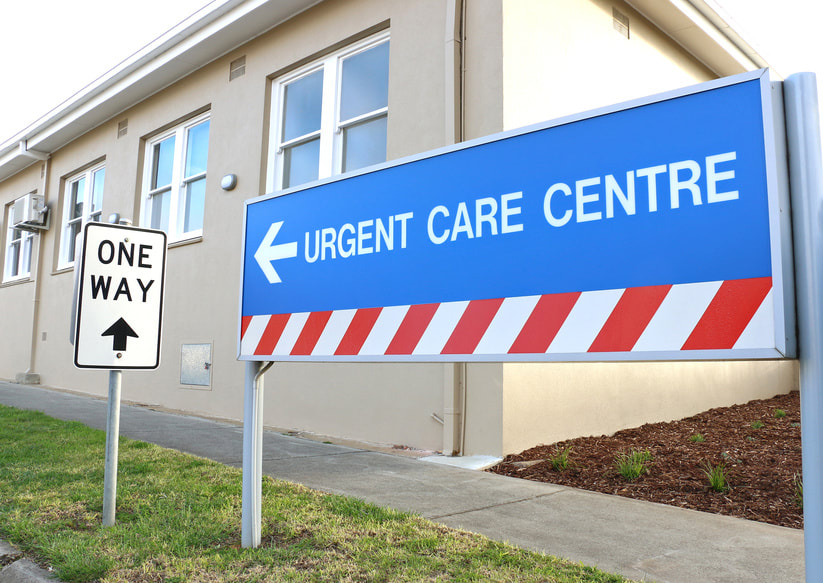What Is Urgent Care Used For? - Legacy ER
- Category: Patient Advice and Care
- Posted On:
- Written By: Alex Murray

What is urgent care used for? This is an important question for anyone in need of health services. Though emergency centers are great for treating serious health concerns, between 44% and 65% of all emergency room episodes could have been treated at urgent care facilities.
Urgent care centers offer convenient care for individuals and families who are in need of various health services but aren’t exactly in severe, life-threatening danger.
According to Everyday Health, urgent care facilities account for 18.2% of all primary care visits and 9.7% of outpatient visits in the United States.
“The urgent care industry has evolved over the past few years, so there is a wide spectrum of urgent care practices to choose from,” said David Shih, MD, executive vice president of strategy on health and innovation at CityMD. “Some practices label themselves as urgent care centers but do not fit all the criteria needed, so it’s important for patients to understand where to go in order to receive high-quality care and proper follow-up as needed.”
If you’re still wondering what is urgent care used for, take a look at the following medical conditions that are typically treated at urgent care facilities.
What is urgent care used for:
- Chest pain and breathing difficulties
- Allergic reaction
- Nausea
- Back pain
- Pneumonia
- Conjunctivitis (Pink eye)
- Wounds and abscess
- Mononucleosis
- Sprains and strains
- Sore throat
- Ear infection
- Vomiting
- Rash
- Diarrhea
- Fever
- Migraine
- Vaginitis
- Insect bites
- Lacerations
- Sinusitis
It’s important to note, however, that the level of care administered at various urgent care medical facilities has a broad range.
“Some urgent care centers… are staffed with board-certified emergency medicine physicians and licensed physician’s assistants (PAs), so they can handle more complex clinical problems that require a higher level of skill and care,” added Dr. Shih. “Others are staffed with pediatric specialists who are experts in dealing with pediatric emergencies and common neonatal issues.”
Though urgent care facilities are great for all kinds of medical conditions, if you’re experiencing any of the following, consider ER treatment:
- Serious head, neck, or back injuries
- Severe abdominal or chest pain
- Poisoning
- Moderate to severe burns
- Convulsions, seizures, or loss of consciousness
- Knife or gunshot wounds
- Heart attack symptoms lasting longer than two minutes
- Suicidal or homicidal feelings
If you’re in need of convenient medical care that can offer both urgent care and ER treatment, contact LegacyER right away.
